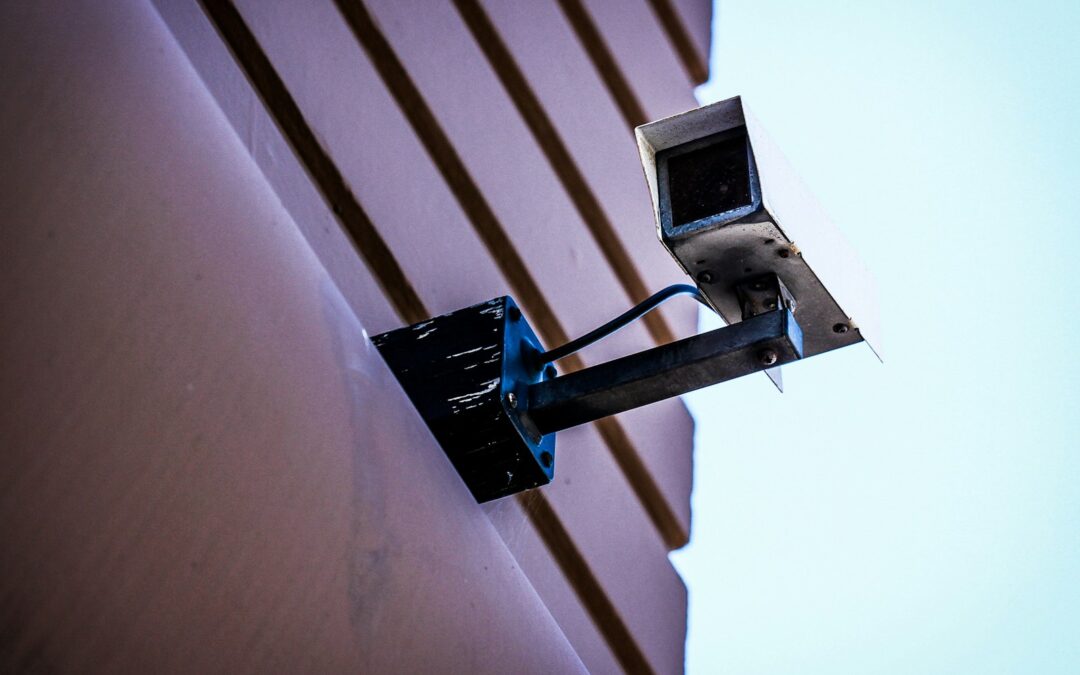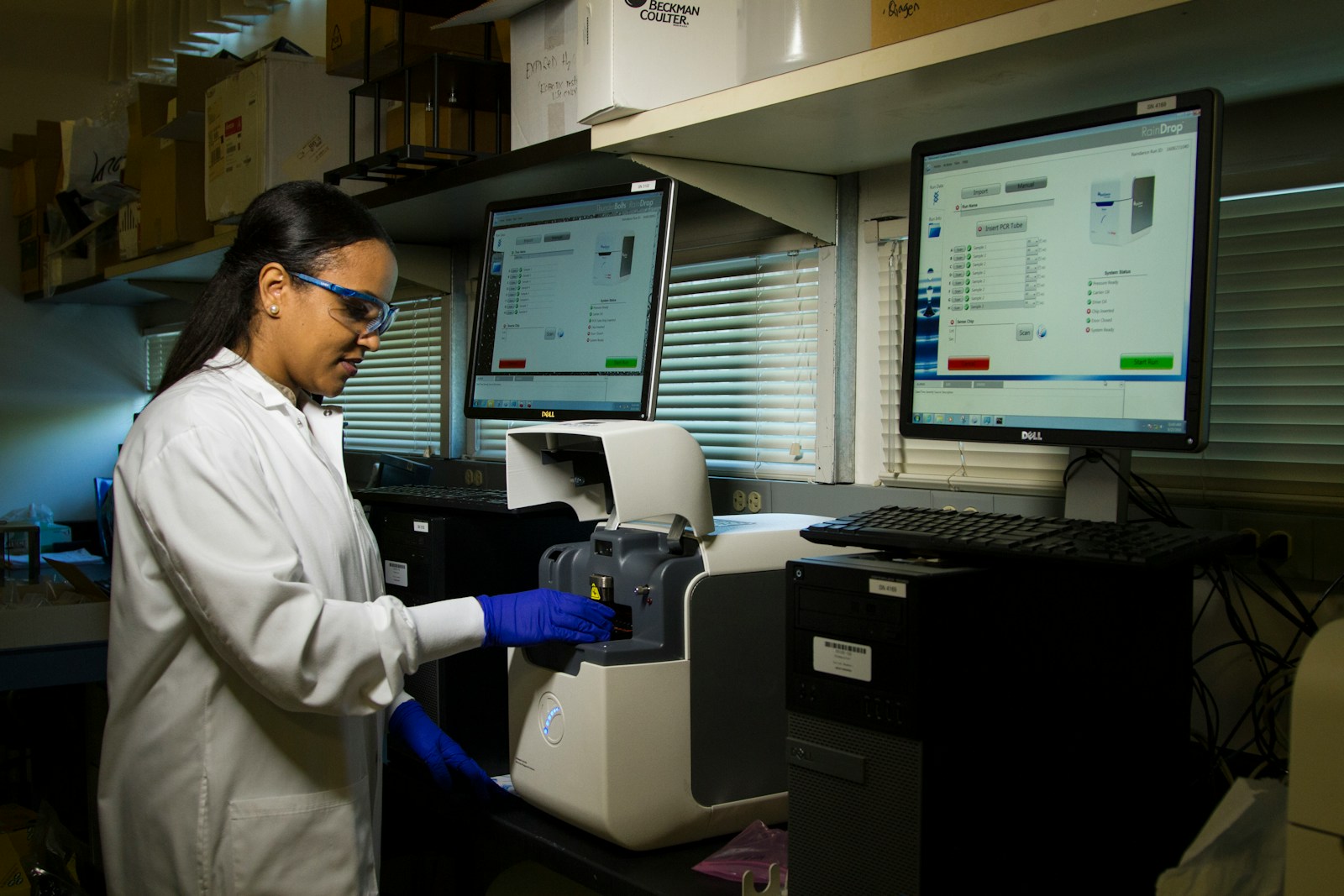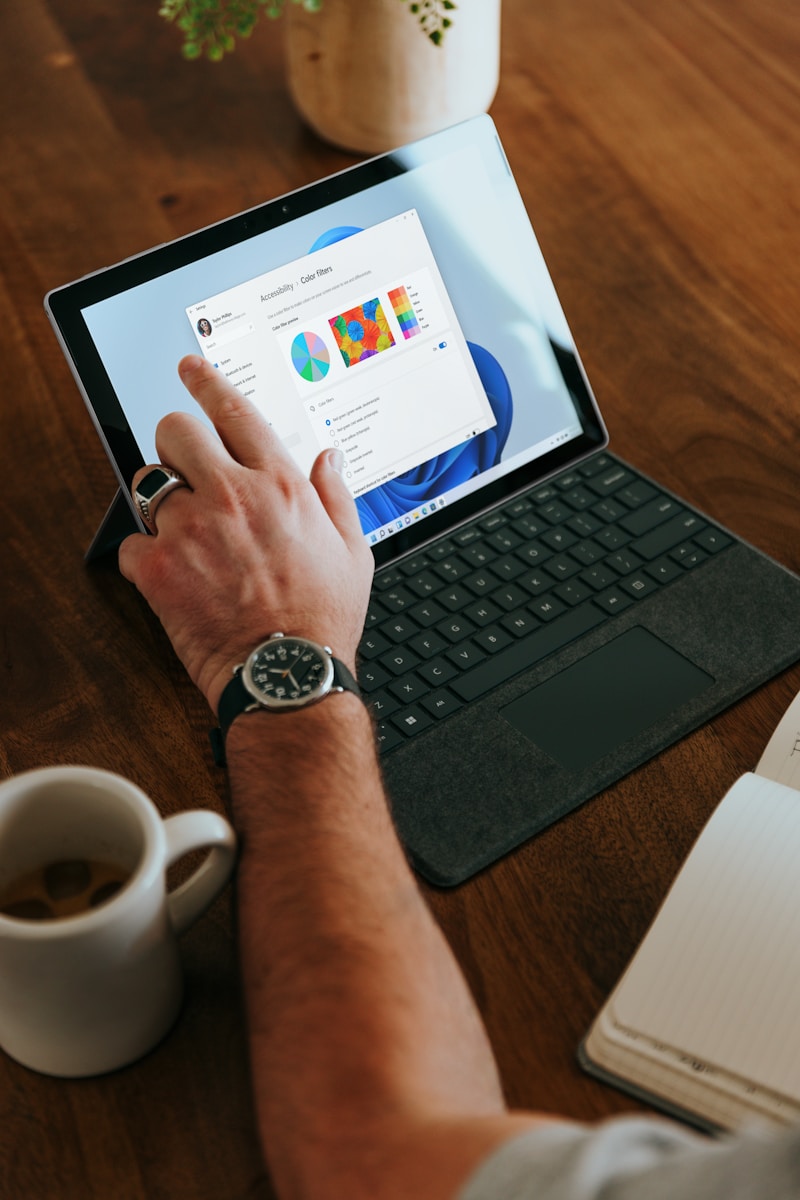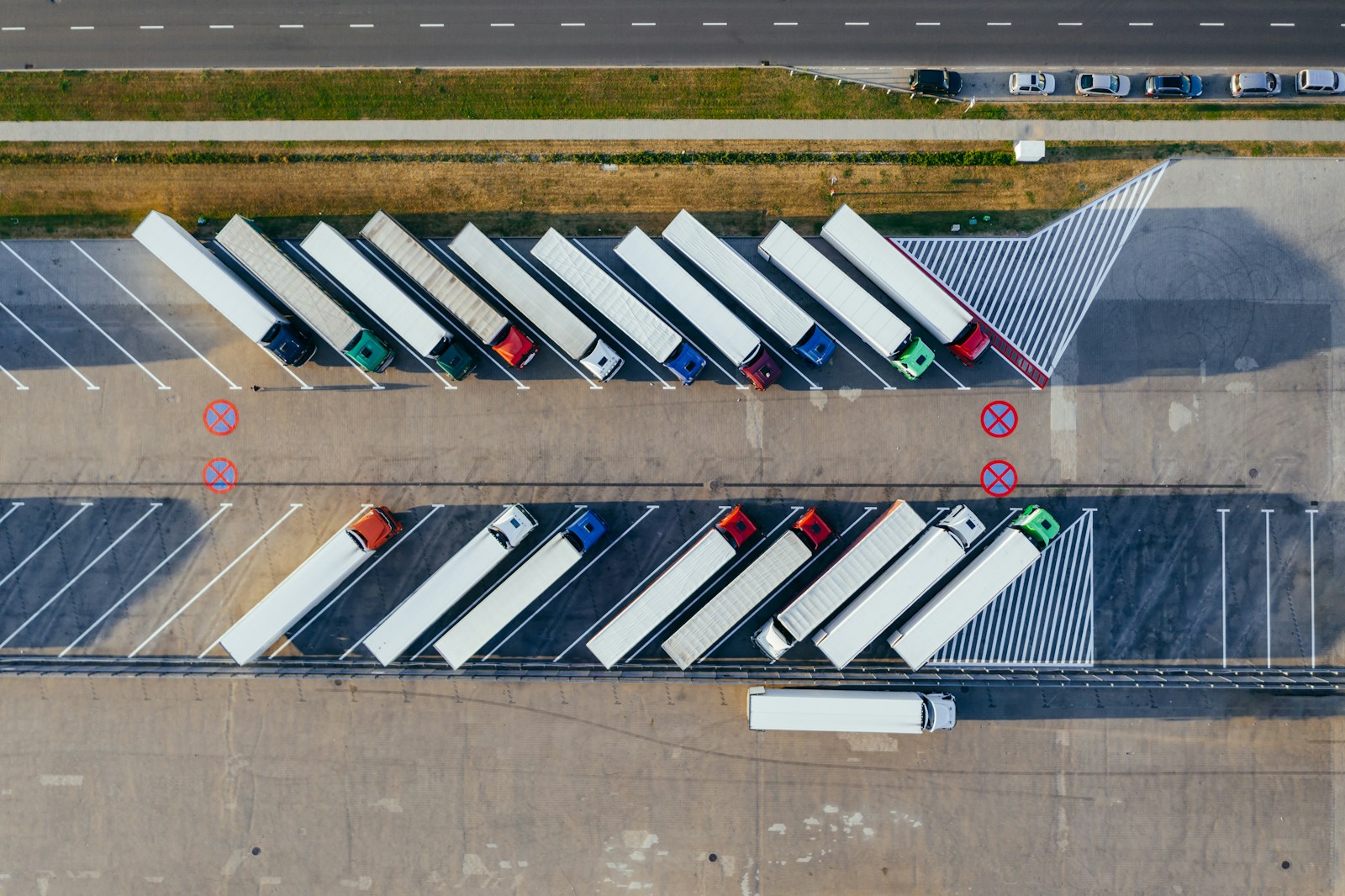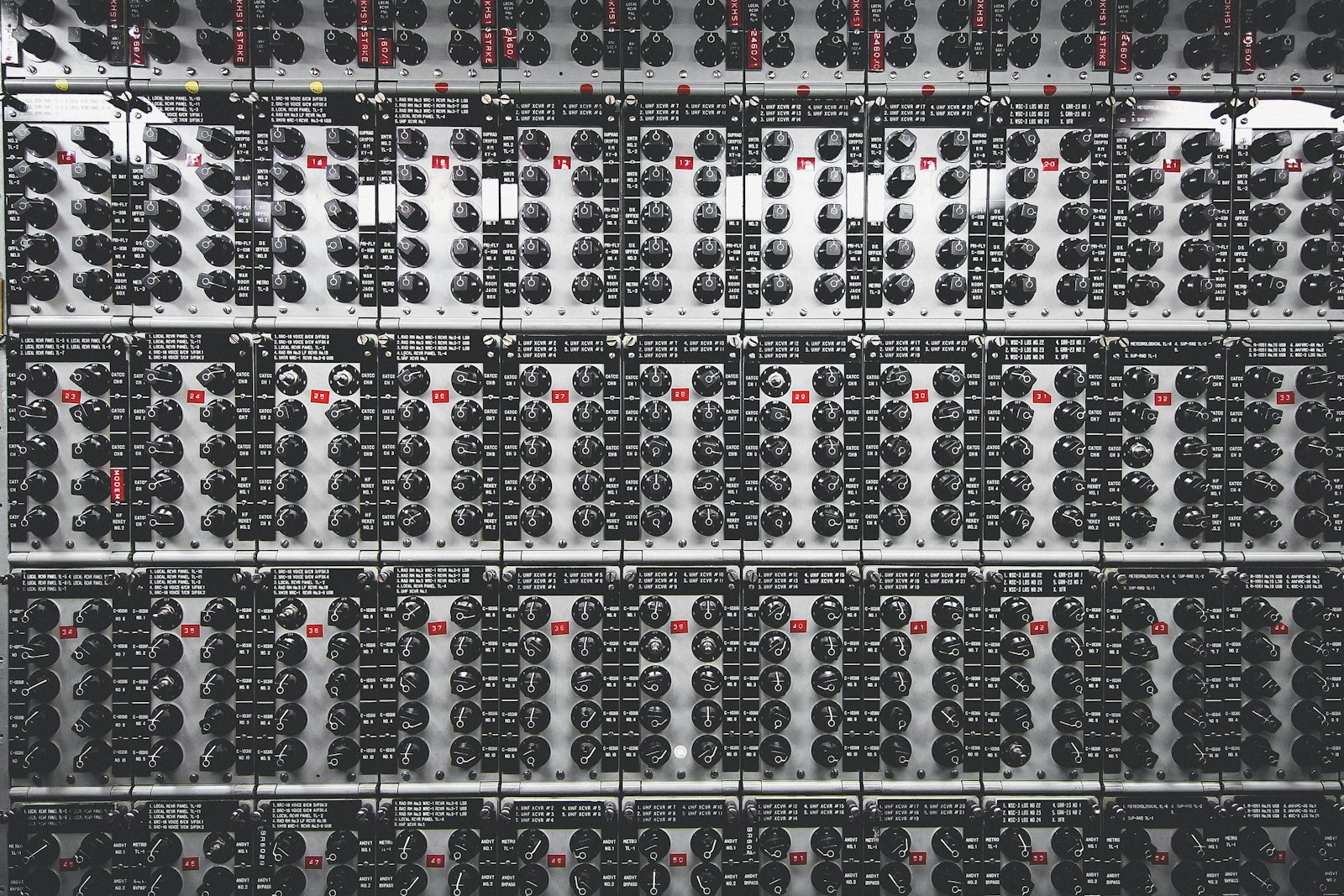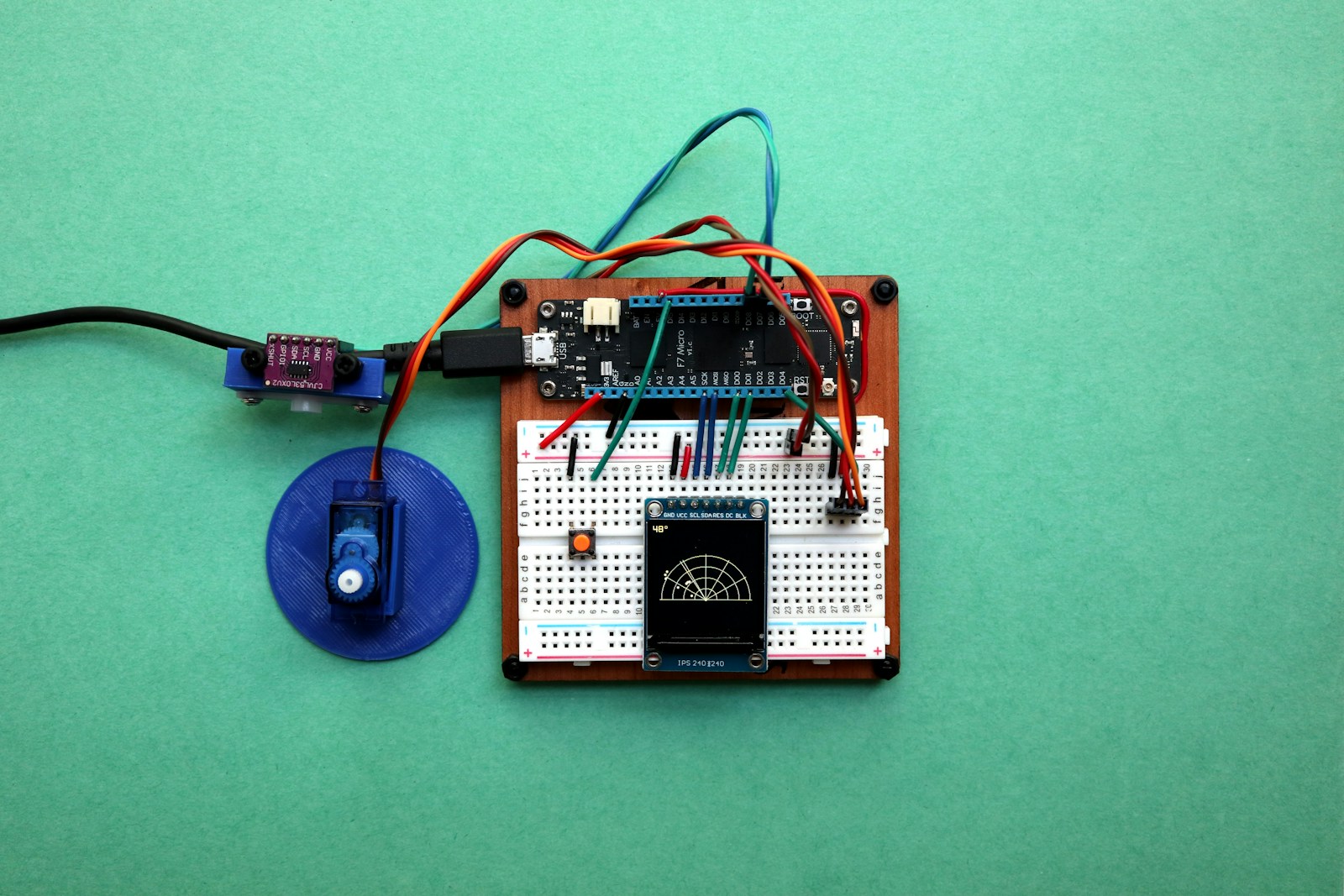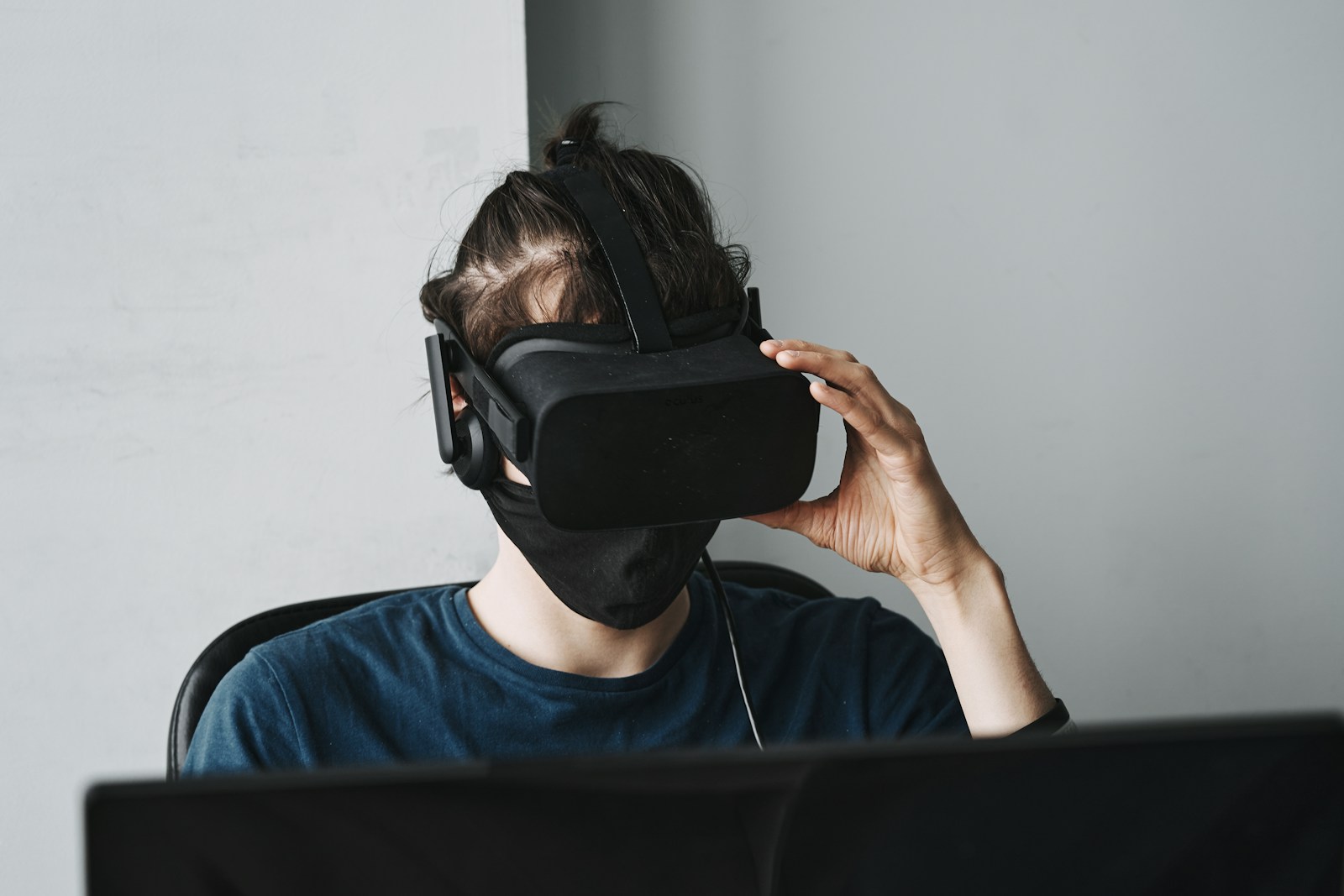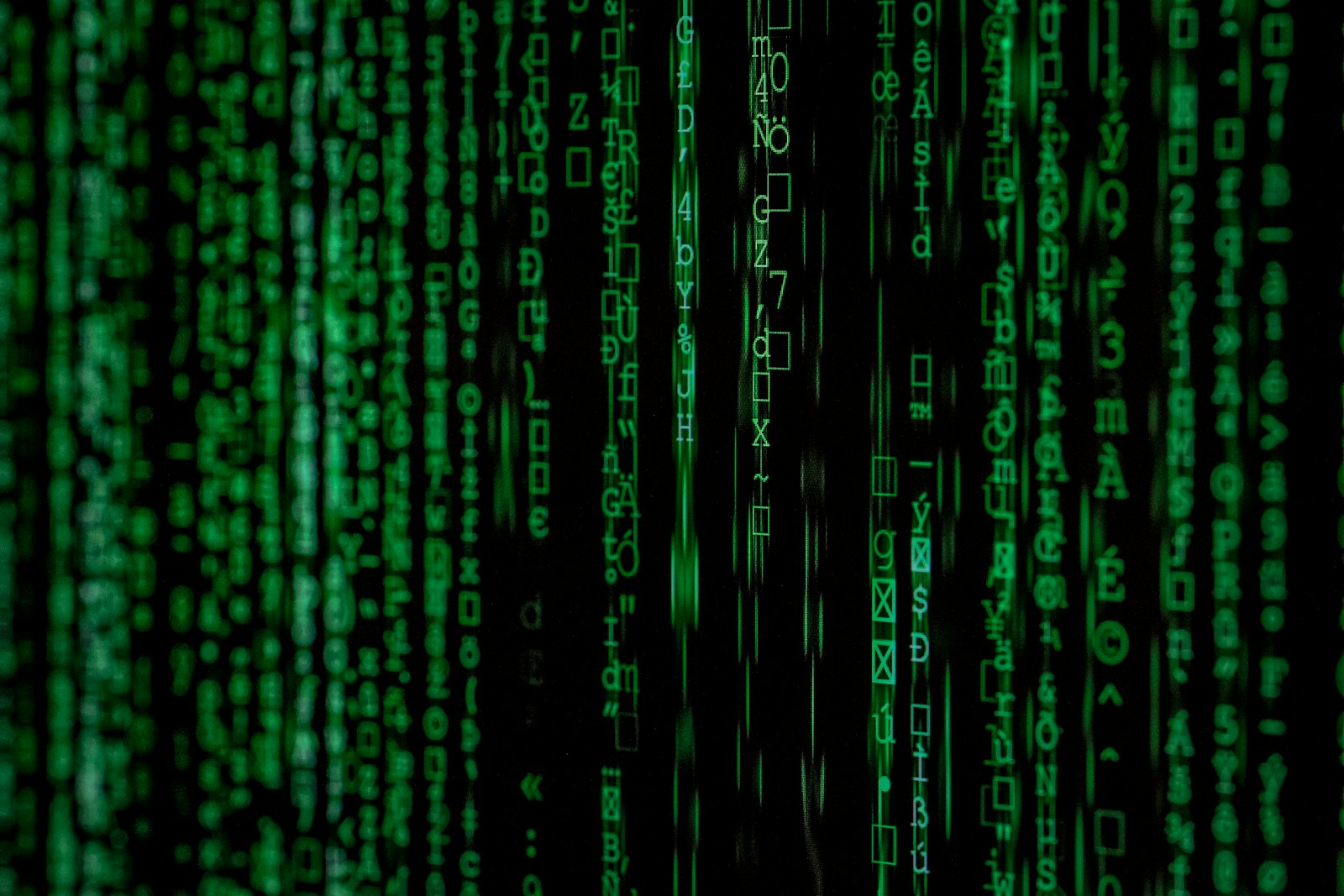The Risks of Inadequate Physical Security for IoT Devices
Understanding the Vulnerabilities in Saudi Arabia and the UAE
In today’s interconnected world, the physical security of IoT devices is paramount. Inadequate physical security can lead to unauthorized access, potentially compromising sensitive data and disrupting operations. This concern is particularly significant in regions like Saudi Arabia and the UAE, where the adoption of IoT technology is rapidly increasing across various sectors, including healthcare, logistics, and smart cities.
One prominent example is the deployment of IoT devices in smart cities like Riyadh and Dubai. These devices collect and transmit vast amounts of data, ranging from traffic patterns to energy usage. If physical security measures are not robust, these devices can become targets for malicious actors seeking to exploit vulnerabilities. Unauthorized access to IoT devices can lead to data breaches, service disruptions, and even physical harm if critical infrastructure is compromised.
Furthermore, the logistics sector in the UAE heavily relies on IoT technology to monitor and manage supply chains. IoT devices track shipments, monitor environmental conditions, and ensure the security of goods in transit. However, without adequate physical security, these devices are susceptible to tampering or theft. For instance, a logistics company in Dubai faced significant challenges when their IoT-enabled tracking devices were physically compromised, leading to unauthorized access to sensitive shipment data and causing delays in delivery schedules.
The Consequences of Unauthorized Access
Unauthorized access to IoT devices can have far-reaching consequences, affecting both businesses and consumers. In the healthcare sector, IoT devices monitor patients’ vital signs, manage medication, and ensure the security of medical records. A breach in the physical security of these devices can lead to unauthorized access to personal health information, compromising patient privacy and potentially endangering lives.
For example, hospitals in Riyadh have integrated IoT devices to enhance patient care and streamline operations. However, without robust physical security measures, these devices are at risk of being accessed by unauthorized individuals. This can result in the manipulation of patient data, disruption of medical services, and financial losses for healthcare providers. Ensuring the physical security of IoT devices in healthcare settings is crucial to maintaining patient trust and safeguarding sensitive information.
In the UAE, smart buildings and homes are increasingly equipped with IoT devices that control lighting, heating, and security systems. Unauthorized access to these devices can lead to a range of security threats, from burglary to invasion of privacy. For instance, a smart home system in Dubai was recently compromised due to inadequate physical security of the IoT devices, allowing hackers to control security cameras and gain access to the homeowner’s personal information. This incident highlights the importance of implementing stringent physical security measures to protect IoT devices in residential settings.
Case Studies of Physical Security Breaches
Several case studies illustrate the impact of inadequate physical security on IoT devices and the resulting consequences. In one notable incident, a manufacturing plant in Saudi Arabia experienced a significant security breach when unauthorized individuals gained physical access to IoT devices controlling critical production processes. This breach resulted in production delays, financial losses, and reputational damage for the company. The incident underscored the need for comprehensive physical security measures to protect IoT devices in industrial environments.
Similarly, a retail chain in Dubai faced a security breach when IoT devices used for inventory management were physically compromised. Unauthorized access to these devices allowed attackers to manipulate inventory data, leading to stock discrepancies and financial losses. The retail chain had to implement enhanced physical security measures, including secure enclosures and tamper-evident seals, to prevent future breaches and ensure the integrity of their IoT systems.
These case studies highlight the critical importance of physical security for IoT devices across various sectors. They also demonstrate the potential consequences of failing to protect these devices from unauthorized access, emphasizing the need for businesses to prioritize physical security measures as part of their overall IoT security strategy.
Best Practices for Enhancing Physical Security
Implementing Robust Physical Security Measures
To protect IoT devices from unauthorized access, businesses must implement robust physical security measures. These measures should include secure enclosures, tamper-evident seals, and access controls. For instance, IoT devices deployed in public spaces in Riyadh should be housed in secure enclosures that prevent tampering and unauthorized access. Additionally, tamper-evident seals can provide an added layer of security by indicating if a device has been accessed or tampered with.
In the UAE, logistics companies can enhance the physical security of their IoT-enabled tracking devices by using secure enclosures and access controls. These measures can prevent unauthorized individuals from accessing and tampering with the devices, ensuring the integrity and reliability of shipment tracking data. By prioritizing physical security, logistics companies can mitigate the risks associated with unauthorized access and protect their valuable assets.
Enhancing Surveillance and Monitoring
Surveillance and monitoring play a crucial role in enhancing the physical security of IoT devices. Implementing security cameras, motion detectors, and access logs can help businesses monitor and detect unauthorized access attempts. For example, smart cities like Dubai can use surveillance systems to monitor IoT devices deployed in public spaces, ensuring that any suspicious activity is promptly detected and addressed.
In healthcare settings, hospitals in Riyadh can enhance the physical security of IoT devices by implementing access logs and monitoring systems. These measures can help detect unauthorized access attempts and ensure that IoT devices are only accessed by authorized personnel. By continuously monitoring IoT devices, healthcare providers can maintain the security and integrity of patient data and medical services.
Conducting Regular Security Audits
Regular security audits are essential for identifying and addressing potential vulnerabilities in the physical security of IoT devices. Businesses should conduct comprehensive security audits to assess the effectiveness of their physical security measures and identify areas for improvement. For instance, logistics companies in the UAE can conduct security audits to evaluate the physical security of their IoT-enabled tracking devices and implement necessary enhancements.
In Saudi Arabia, businesses across various sectors can benefit from regular security audits to ensure that their IoT devices are adequately protected from unauthorized access. These audits should include assessments of physical security measures, surveillance systems, and access controls. By proactively identifying and addressing potential vulnerabilities, businesses can enhance the security and reliability of their IoT systems.
In conclusion, enhancing the physical security of IoT devices is crucial for protecting them from unauthorized access and ensuring the integrity and reliability of IoT systems. By implementing robust physical security measures, enhancing surveillance and monitoring, and conducting regular security audits, businesses in Saudi Arabia and the UAE can safeguard their IoT devices and mitigate the risks associated with unauthorized access. As the adoption of IoT technology continues to grow, prioritizing physical security will be essential for maintaining the security and reliability of IoT systems in various sectors.
—
#IoTSecurity #PhysicalSecurity #BusinessTechnology #SaudiArabia #UAE #Riyadh #Dubai #ModernTechnology #BusinessSuccess
